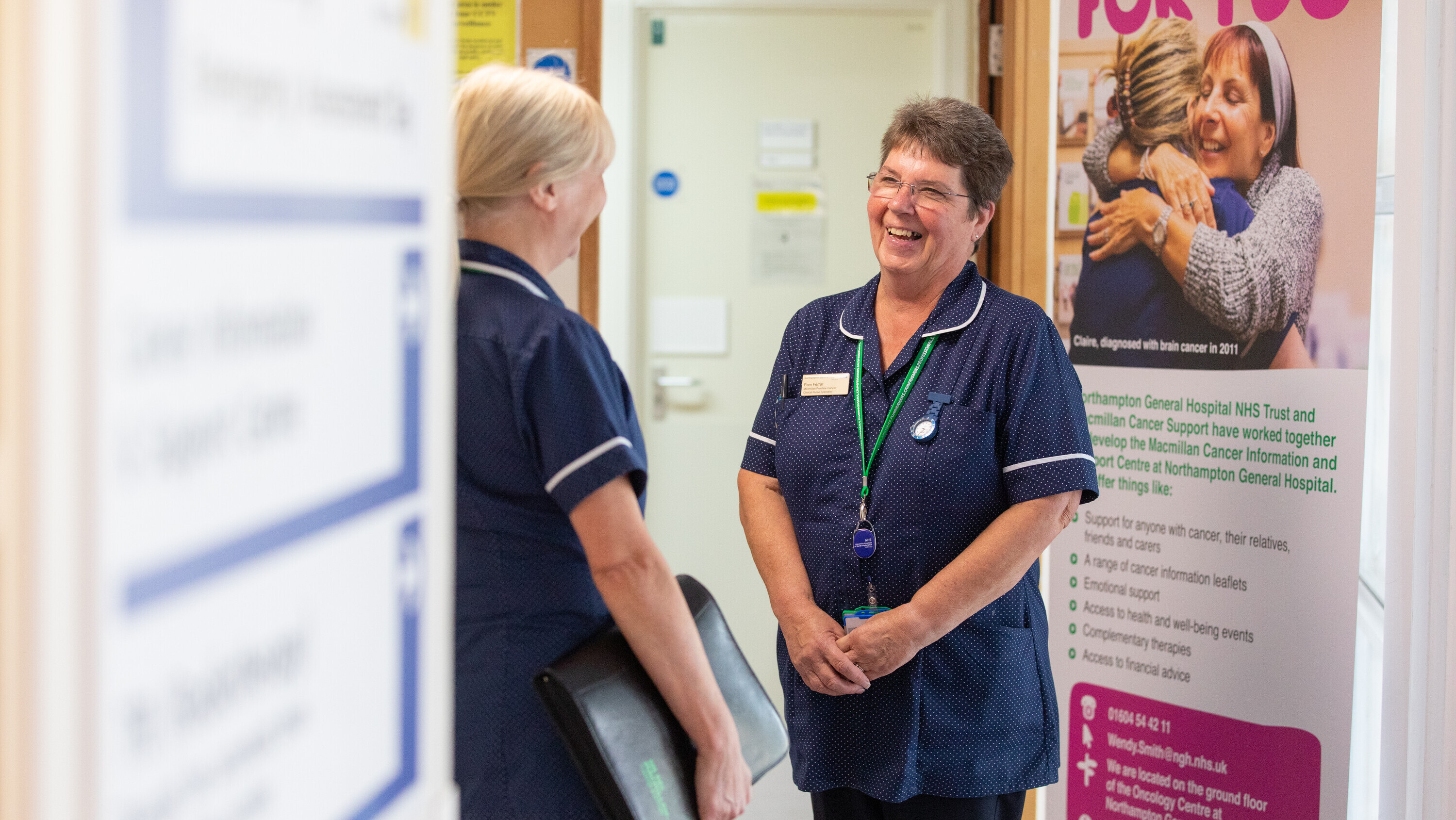Six ways Rachel Reeves could help people with cancer in the Autumn Budget
When is the budget?
The new Chancellor, Rachel Reeves, will outline her new Autumn Budget on Wednesday 30 October 2024. There is a lot of noise about potential tax rises, spending cuts (and the Taylor Swift tickets they still can’t seem to 'shake it off'). We know it will include changes to tax, benefits and spending and there are huge opportunities for decisions that could repair the NHS and transform cancer care.We've written to Rachel Reeves, as well as Health Secretary Wes Streeting, to outline six crucial steps the new government must take in their upcoming Autumn Budget: two that focus on what people with cancer need today, two that help fix the foundations of healthcare and two that could transform things for the future.
Funding to reduce waiting times for tests and treatment
First, reducing the cancer care backlog must be the highest priority, with people's lives in the balance. Staff are working hard to get people seen as quickly as possible, but we’ve seen the worst waiting times on record for both cancer diagnosis and treatment. Long waits can also be a significant source of anxiety for people, and risk pushing people into crisis, so plans to cut waiting times should also include funding for better support for people who are waiting.
Invest in quality, personalised care for everyone with cancer
Second, investing in cancer care that is tailored and personalised is a win-win. Not only does it support people to be more involved and confident in their healthcare, but it improves outcomes, can prevent people from needing emergency health interventions - which then helps to relieve pressure on the NHS in the long-term too.
Fund training and mapping to fill the staffing gaps
Clarity on long-term budgets for local health systems
Fourth, local and regional bodies like Integrated Care Systems and Cancer Alliances are working hard to meet their local population’s needs, address health inequities and improve cancer care in their communities, but without clarity on long-term budgets they can't work effectively to improve local services or fix the current crises in healthcare.
Measure what matters
Transform how government responds to cancer
Sixth, healthcare can't fix itself in isolation and must be able to draw on the resources of other parts of government to recover. Cancer is more than just a health concern and fixing this crisis requires collaboration across multiple parts of government, from those who set budgets, strategies and policies to those who deliver services - and ultimately working in this joined-up way can also deliver better value for taxpayer’s money and produce results.A Budget that could revolutionise cancer care
If you think these are crucial steps for the government to be sending, why not welcome your new MP by sending them a link to this blog?
Simply copy & paste the link at the top of your browser, and then click here to write your own message to your new or returning MP.
About our information
This blog was written by a former Macmillan employee, the content has since been reviewed.
Learn more about how we produce our cancer information.
Read more
-
Blogs 22 May 2025It has been reported in the news recently that extra cancer screenings could detect early cases of breast cancer in dense breasts. In this blog, we try and answer some of the questions people might...
-
Blogs 22 Apr 2025The UK Government has recently published a Green Paper that outlines potential changes to the benefits system. In this blog, we explain how it might impact people living with cancer.
-
Blogs 29 Apr 2025In this blog, we discuss ways people with cancer can get support to meet their spiritual needs and how to have conversations about your spirituality, religion and faith with your health care team.





